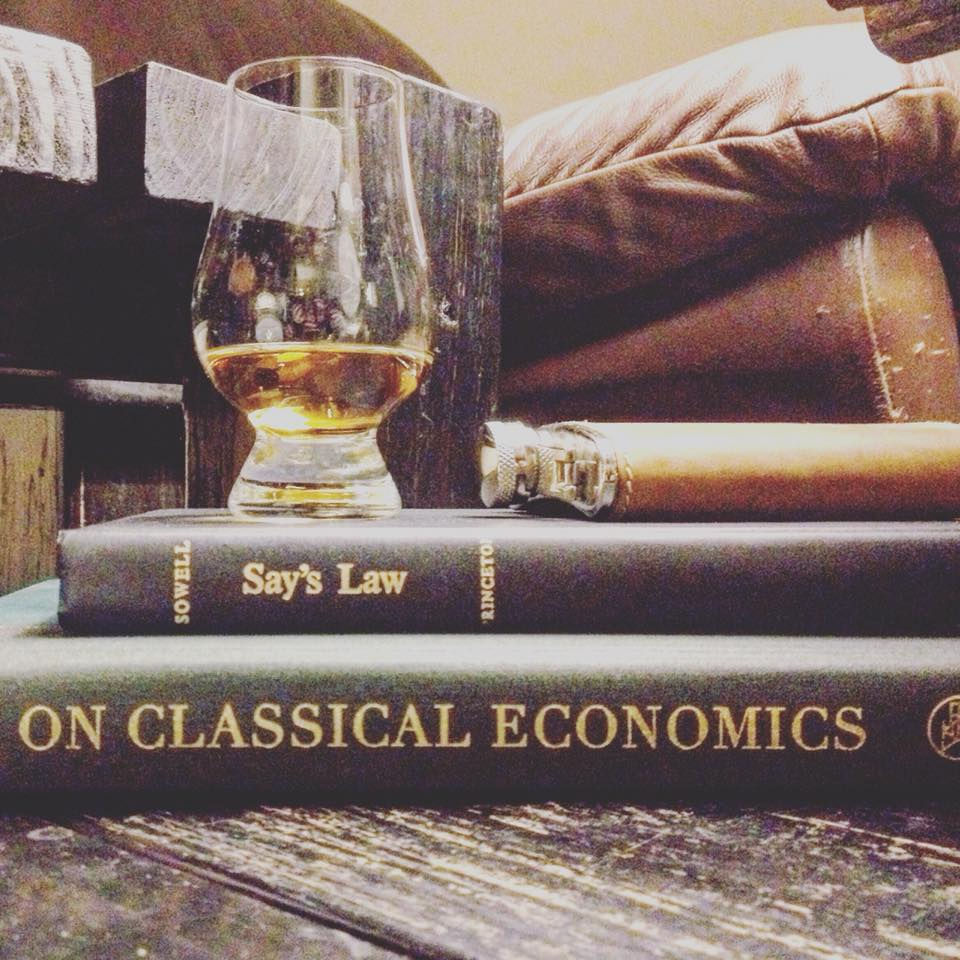Trade War Blowback Hits the Whisky Industry
- Jun 9, 2018
- 2 min read

Have you ever considered the impact protectionism could have on your whisky shelf—or on your wallet?
As President Trump makes good on his promise to impose tariffs on steel and aluminum imports, the reprisals have started rolling in. Canada and the EU will be imposing retaliatory tariffs on American Bourbon (and other American whiskies). So it begins. You called down the thunder well now you've got it.
According to EU trade commissioner Cecilia Malmström, “When they say American first, we say Europe united.” Of course any increase in international taxes will cause an increase in total production cost for American distillers—and in turn increased expense for consumers of American whiskey.
Irish distillers are similarly concerned. With roughly half of Irish whiskey sold in the US, further trade escalation could seriously impact the industry. At greatest risk would be smaller, newer producers, as the big boys (Jameson, Bushmills, Tullamore DEW) are best positioned to weather the storm.
None of this should be surprising. Tariffs on imported goods naturally lead to retaliatory tariffs on exports, among other consequences.
Adam Smith essentially debunked mercantilism in 1776 by articulating the prosperity brought about through production and free exchange. David Ricardo further drove the nail into the coffin in the early 1800s with his definition of comparative advantage. Even Paul Krugman acknowledges the benefits of free trade. In fact, Peter Navarro may be the only economist who thinks the trade war is a good idea.
Even so, protectionism or "fair trade" remains popular, particularly in blue collar, manufacturing-dependent areas. This partly explains candidate Trump's success in 2016. People see their livelihood threatened and understandably seek solutions.






Comments